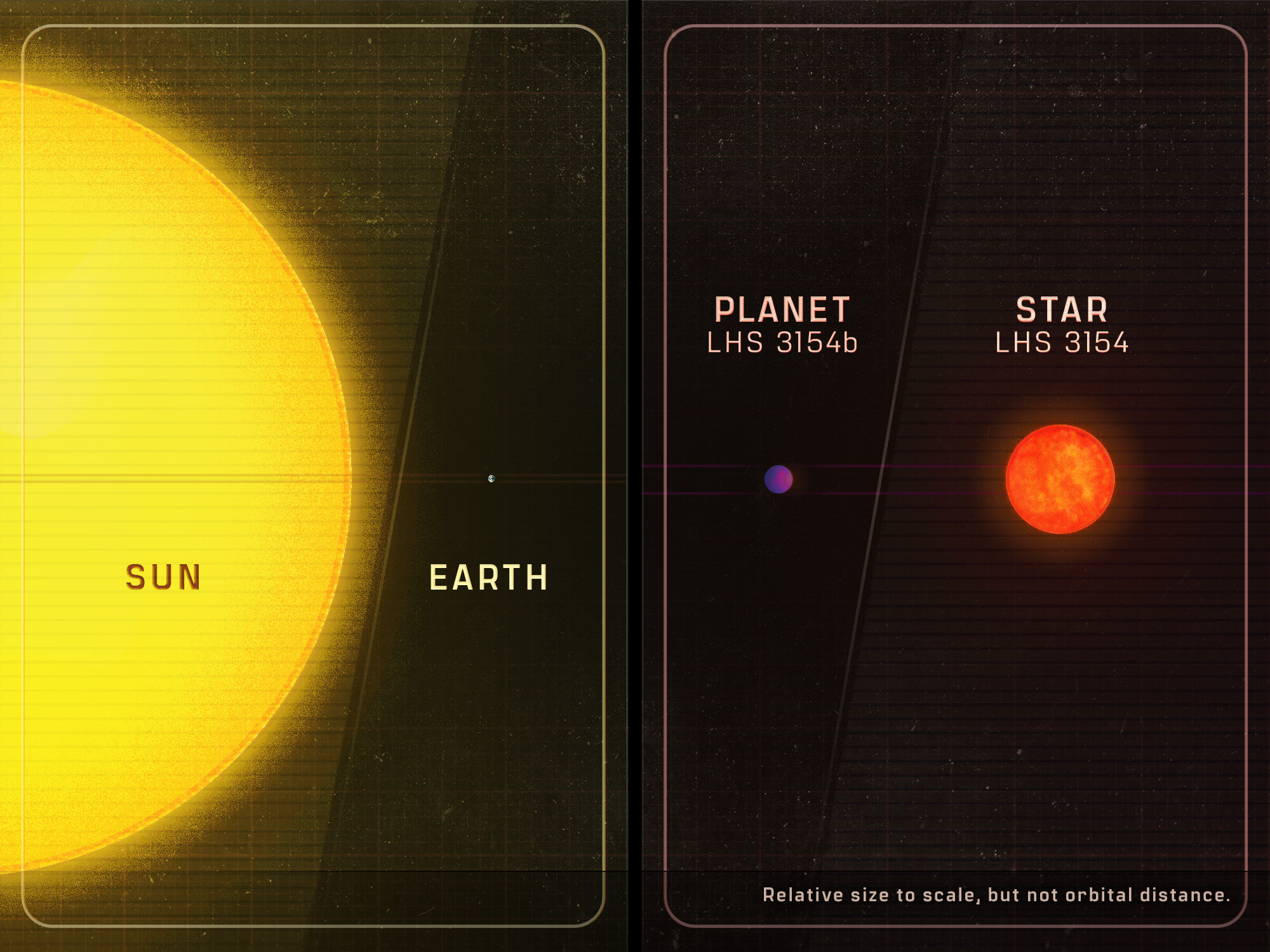The discovery of a planet that is far too massive for its sun is calling into question what was previously understood about the formation of planets and their solar systems, according to Penn State researchers.
In a paper published in the journal Science, researchers report the discovery of a planet more than 13 times as massive as Earth orbiting the “ultracool” star LHS 3154, which itself is nine times less massive than the sun. The mass ratio of the newly found planet with its host star is more than 100 times higher than that of Earth and the sun.
The finding reveals the most massive known planet in a close orbit around an ultracool dwarf star, the least massive and coldest stars in the universe. The discovery goes against what current theories would predict for planet formation around small stars and marks the first time a planet with such high mass has been spotted orbiting such a low-mass star.



We are indeed limited in what portion of the observable universe is reachable thanks to the expansion of the universe. IIRC something like 95% of the galaxies we can see would be impossible to ever reach even if we travelled at the speed of light to get there, they’d disappear across the cosmological event horizon before we could get there.
But 5% of the observable universe is still pretty darned big. I wouldn’t be surprised if our expanding sphere of colonization eventually bumped into another one. But we’ll have colonized hundreds of millions of galaxies by then, so I’m not going to be too upset by that. Mustn’t get greedy. :)
You might be interested in this article, Eternity in six hours. It suggests that a civilization with access to six hours’ worth of a single Dyson swarm’s total energy output could launch a colony ship to every galaxy within that reachable horizon. This makes the Fermi paradox a lot sharper since aliens could do the same thing, but it really illustrates just how easy it should be to get spreading around the cosmos once we get up into space in a serious way.
Thank you I’ll check that out. Interesting concept.